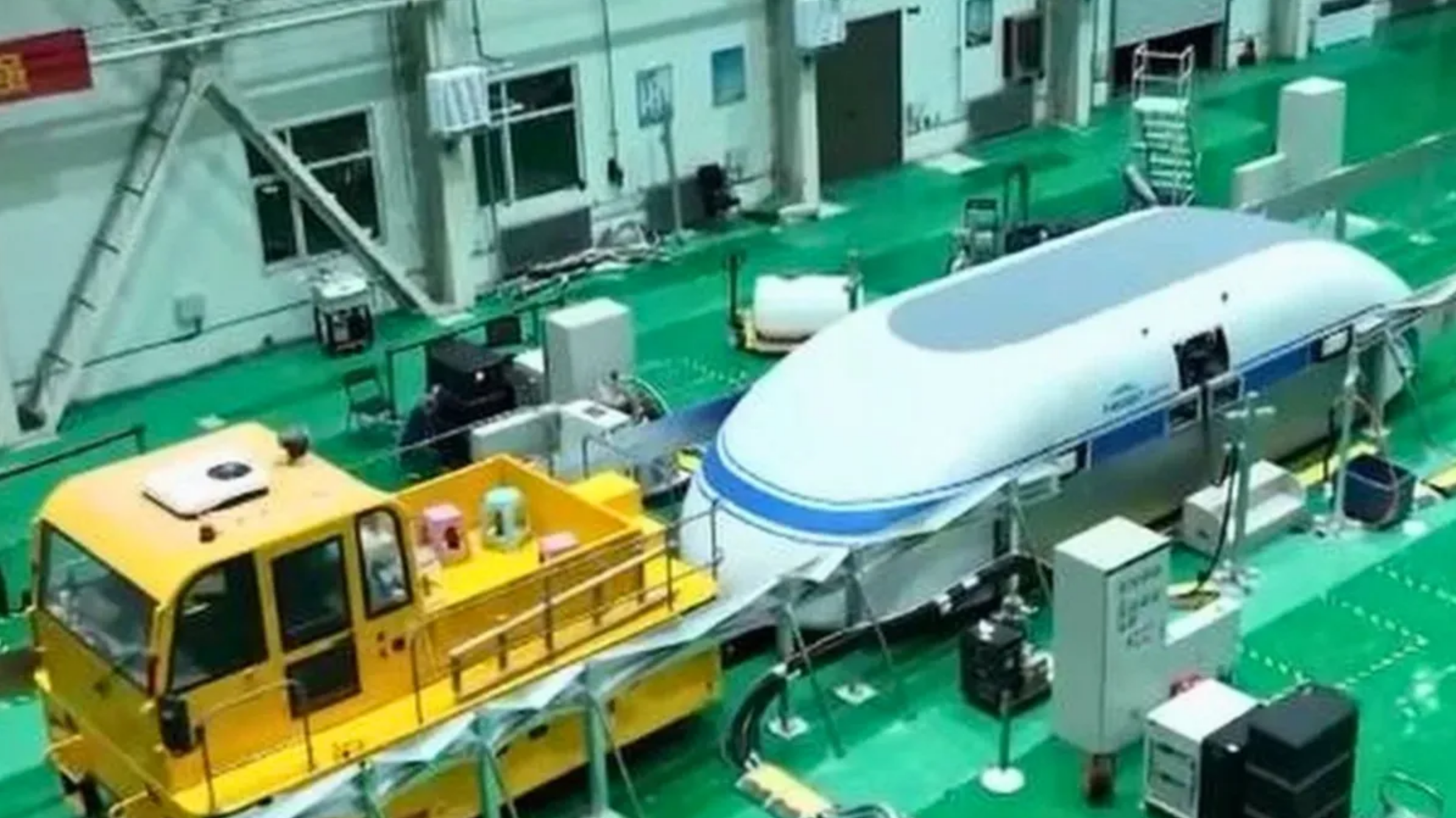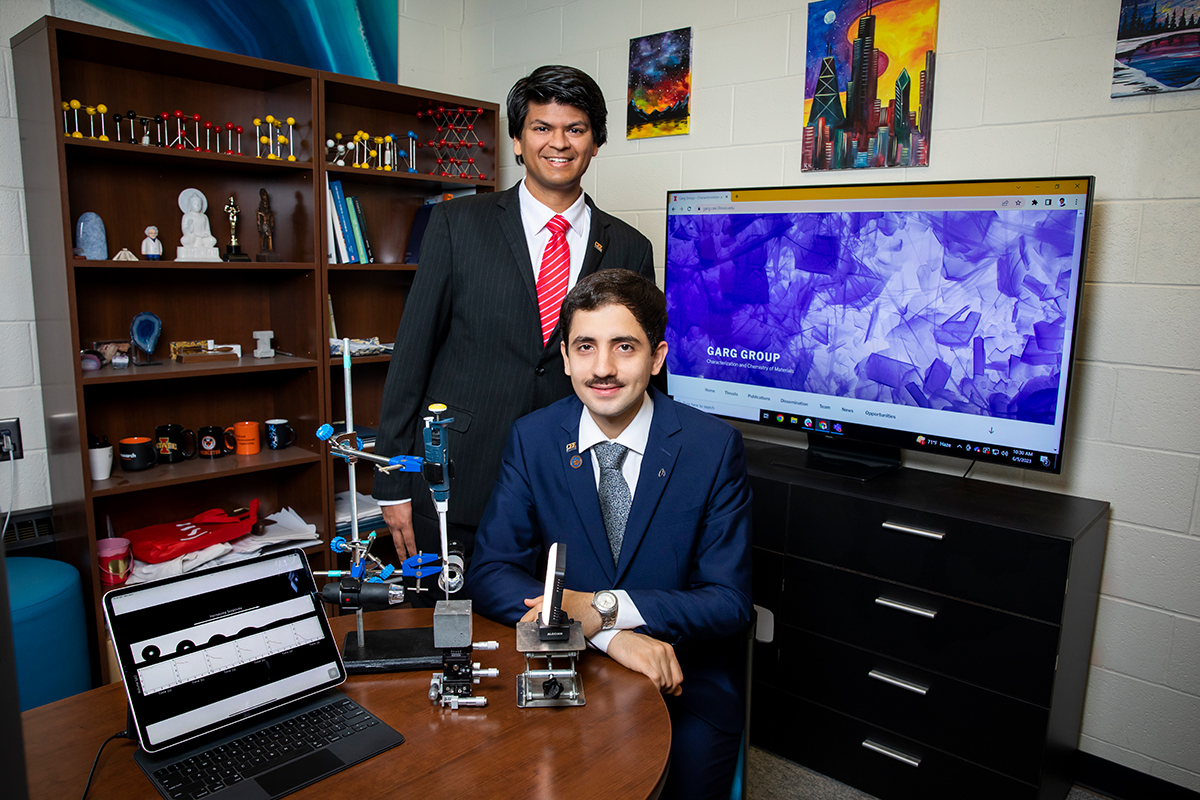Hold on tight, transportation enthusiasts! According to reports, China has achieved a groundbreaking milestone by setting a new record for the fastest maglev train. This remarkable vehicle reached an astounding speed of 623 km/h (387 mph) within a low-pressure vacuum tube. This achievement not only pushes the boundaries of high-speed travel but also holds the potential to revolutionize future transportation modes.
Breaking the Speed Barrier:
Developed by the China Academy of Sciences (CASIC), the maglev train achieved a significant breakthrough by demonstrating stable levitation for the first time while traveling in a low-vacuum tube. This milestone was accomplished using the full-scale 2km (1.2-mile) test line completed in November.
The maglev train utilizes powerful electromagnets to levitate and propel itself, eliminating friction with the track. Encased within a vacuum tube, air resistance is drastically reduced, paving the way for unprecedented speeds.
Vision for the Future:
The long-term goal is to construct a full-scale system capable of reaching 1,000 km/h (621 mph). This could revolutionize intercity travel, potentially shrinking China into a “one-hour economic circle,” where major cities become easily accessible within a short timeframe. Imagine traveling from Beijing to Shanghai in just over an hour – a journey currently taking several hours by conventional high-speed rail.
Challenges on the Horizon:
While the technology is undeniably exciting, significant hurdles remain. Building and maintaining a vast network of vacuum tubes would be a colossal undertaking, requiring enormous financial resources and complex infrastructure development. Additionally, questions regarding safety, environmental impact, and economic viability need careful consideration. Operating at such high speeds in a low-pressure environment necessitates rigorous safety protocols and thorough environmental assessments. Furthermore, ensuring the economic feasibility of this technology for widespread adoption, both for passenger and cargo transport, is crucial.







